Sudanese protesters demand end to military rule, deadly tribal clashes
Thousands of protesters have rallied in the Sudanese capital of Khartoum, demanding an end to persisting military rule and tribal clashes that have so far claimed the lives of more than 100 people.
On Sunday, demonstrators in the capital took to the streets, chanting against General Abdel Fattah al-Burhan, the army chief who last year spearheaded a military coup that blocked a transition to civilian rule following the 2019 ouster of president Omar al-Bashir.
“Down with Burhan,” angry protesters chanted during the rally, which was the latest in the near-weekly protests that have been held since the October coup despite a deadly crackdown by the junta that has killed, according to pro-democracy medics, at least 116 so far.
“The authority is the people’s,” demonstrators chanted, demanding that soldiers return to their barracks.
More than three years ago, massive anti-government demonstrations hit Sudan. The main grievance was about economic woes. The protesters, youths for a large part, demanded the resignation of then-president Bashir, who was ultimately deposed in a military coup in April 2019, after ruling over the African nation for three decades.
In August of the same year, a transitional civilian-military administration was founded to run the country. However, Burhan staged a coup on October 25 last year and dissolved the fragile transitional government, prompting the Sudanese to hold protest rallies on an almost weekly basis.
Anti-coup demonstrations, however, often face a violent crackdown by security forces.
Since the October coup, Sudan, one of the world’s poorest countries, has been reeling from a spiraling economic crisis and a broad security breakdown, which led to a surge in ethnic clashes in its far-flung regions.
The clashes reached a high pitch on July 11, when tribal clashes over a land dispute erupted in southern Blue Nile state, killing at least 105 people and injuring 291 others. The carnage triggered protests demanding justice and calls for coexistence.
One protester said on Sunday that the rally was for the sake of forming “one unified nation”, adding that the so-called military council has “turned a blind eye” to tribal violence “because these problems allow it to stay in power.”
Pro-democracy activists have long accused Sudan’s military and ex-rebel leaders who signed a 2020 peace deal of exacerbating ethnic tensions for political gain.
The United Nations has time and again pressured the Sudanese military to end the crackdown and restore a civilian-led government to complete the country’s transition, but to no avail.
The economic crisis in Sudan deepened when the October coup drew broad international condemnation and punitive measures that included a suspension of $700 million in US aid.
The African country, home to 45 million people, is also dealing with a severe economic crisis and an inflation reaching 400 percent.
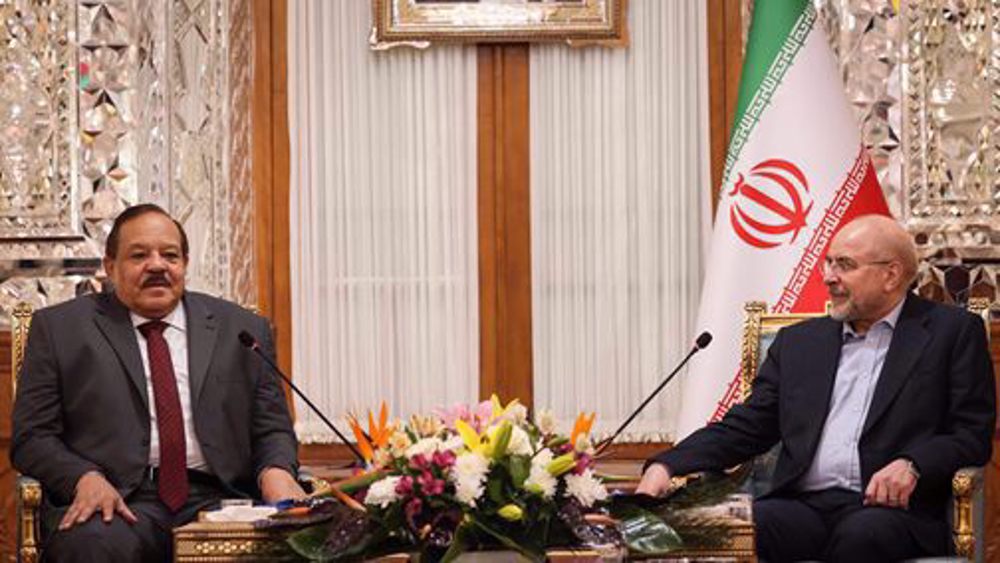
Iran urges establishment of stability, sovereignty in Sudan: Qalibaf
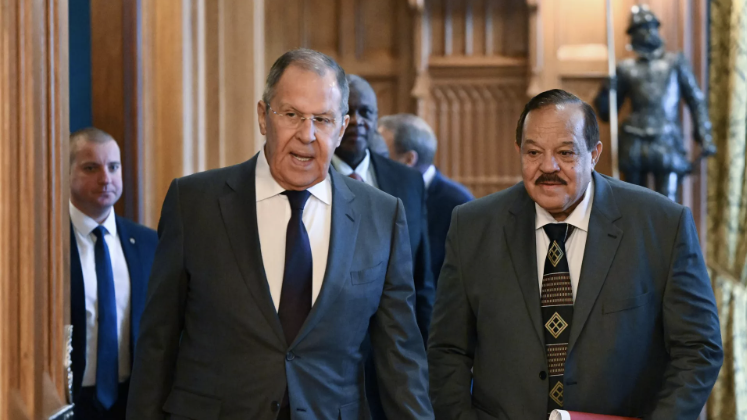
Russia secures agreement for naval base in Sudan
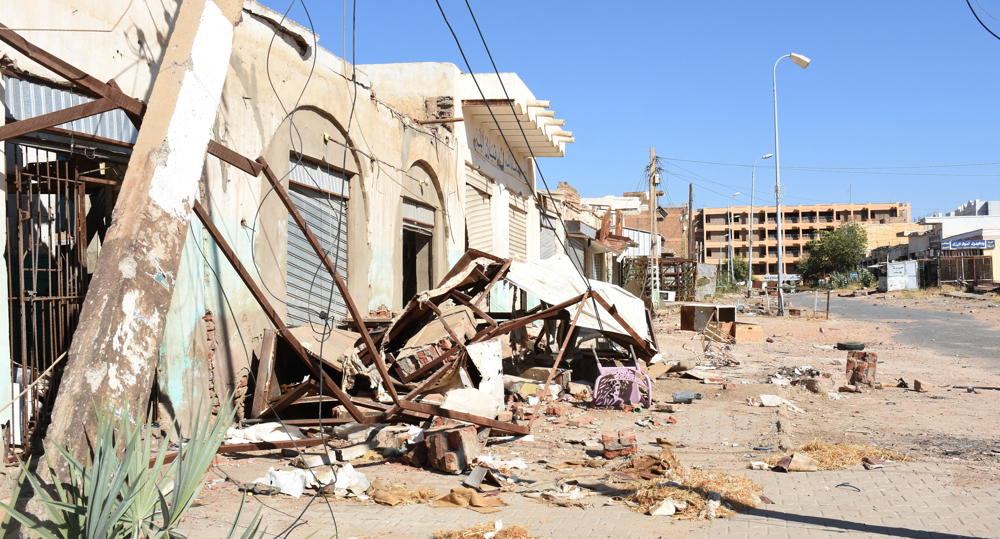
ICC seeks arrest warrants over alleged war crimes in Sudan’s Darfur
Iranian flotilla makes port call in India with 'friendship message'
How UK counter-terror police colluded with Zionists to detain me after Beirut trip
Biden, Blinken, Austin referred to ICC over Gaza war crimes
EU will 'do the same' if US implements tariff hikes: France
VIDEO | Press TV's news headlines
British celebrities condemn BBC removal of Gaza documentary
Iran Army acquires tactical vehicles, audio surveillance systems
VIDEO | UK police detain anti-Zionist scholar upon return from Lebanon


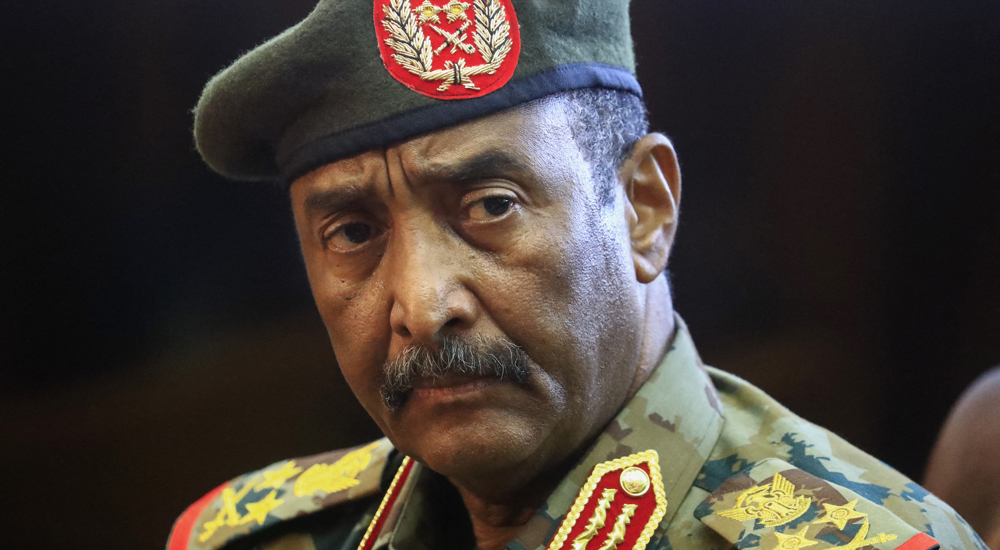
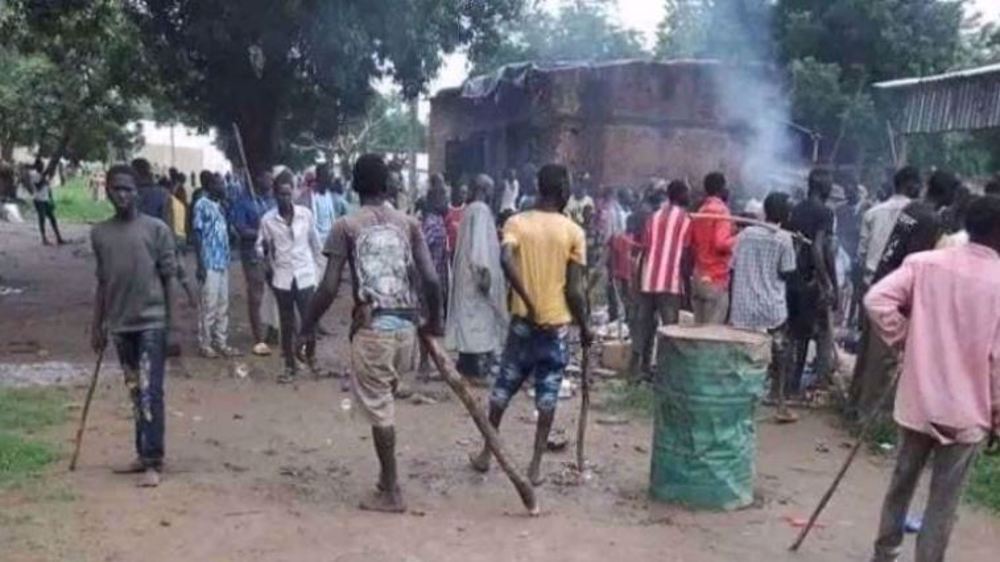




 This makes it easy to access the Press TV website
This makes it easy to access the Press TV website